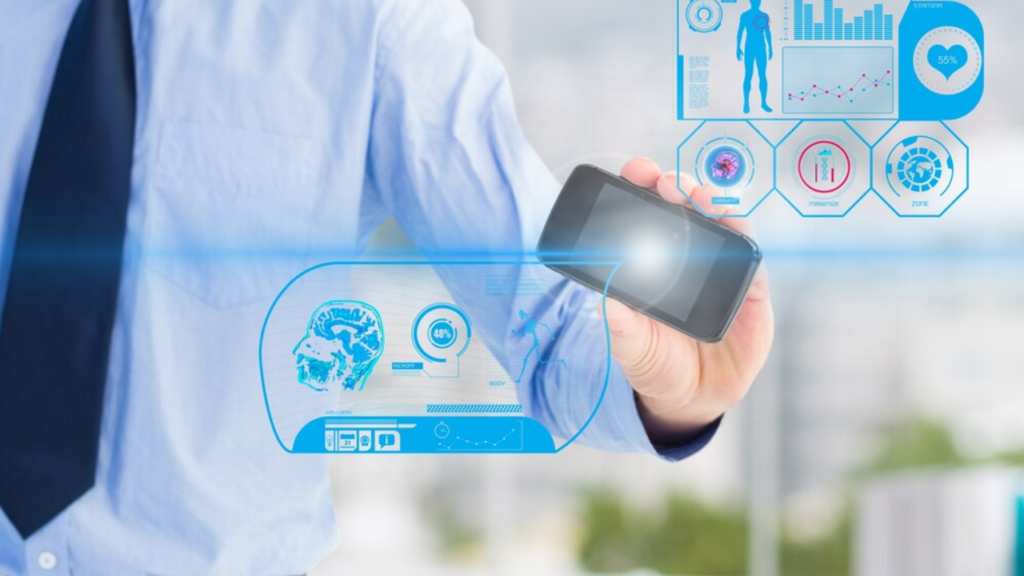The healthcare industry is in the midst of a transformative journey, and at the heart of this evolution lies Electronic Health Records (EHR). These digital archives, once seen as a technological upgrade, have now become a cornerstone of modern healthcare. In this blog, we’ll explore the future of Electronic Health Records and how they are reshaping the healthcare landscape for the better.
EHR: The Digital Chronicles of Patient Care
Electronic Health Records are the digital counterparts of traditional patient charts, but they offer so much more. They contain comprehensive and up-to-date information about a patient’s medical history, diagnoses, medications, treatment plans, and more. What sets EHR apart is their potential to enhance patient care, streamline healthcare processes, and improve overall efficiency.
The Journey Thus Far
EHR systems have come a long way from their initial implementations. Early on, the primary goal was to replace paper-based records with digital ones, reducing the risk of data loss and improving accessibility. The focus was on basic data entry, storage, and retrieval.
The Future of EHR: A Vision of Possibilities
As technology continues to advance, the future of EHR systems is nothing short of promising. Here’s a glimpse of what’s on the horizon:
- Interoperability: EHR systems are becoming more interconnected. The future envisions a healthcare ecosystem where different EHRs can seamlessly share data, enabling healthcare providers to access patient information across various care settings.
- Artificial Intelligence: AI will play a significant role in EHRs. It can assist in diagnosing conditions, predicting disease outbreaks, and improving clinical decision support, ultimately leading to more accurate and personalized care.
- Patient Engagement: EHRs will increasingly empower patients to take control of their health. Patients will have access to their records, be able to communicate with healthcare providers, and actively participate in their care plans.
- Remote Monitoring: With the rise of telehealth, EHRs will integrate remote patient monitoring, enabling healthcare providers to track patients’ health in real-time, regardless of their physical location.
- Predictive Analytics: EHRs will harness the power of data analytics to predict health trends, identify at-risk patients, and allocate resources more efficiently.
Challenges to Address
As EHRs advance, it’s crucial to address challenges such as data security and privacy, standardization of data formats, and the need for training and user-friendly interfaces. The future of EHR is bright, but it must also be mindful of potential pitfalls.
A Bright Future for Healthcare
The future of Electronic Health Records is not just about digital storage; it’s about elevating the quality of healthcare. It’s about empowering healthcare providers with the tools they need to make better-informed decisions, reducing errors, and enhancing patient care.
Conclusion
In this rapidly evolving healthcare landscape, Electronic Health Records are not merely records; they are the architects of a brighter and healthier future. They are the foundation on which the future of healthcare stands, promising more personalized, efficient, and accessible care for all.




